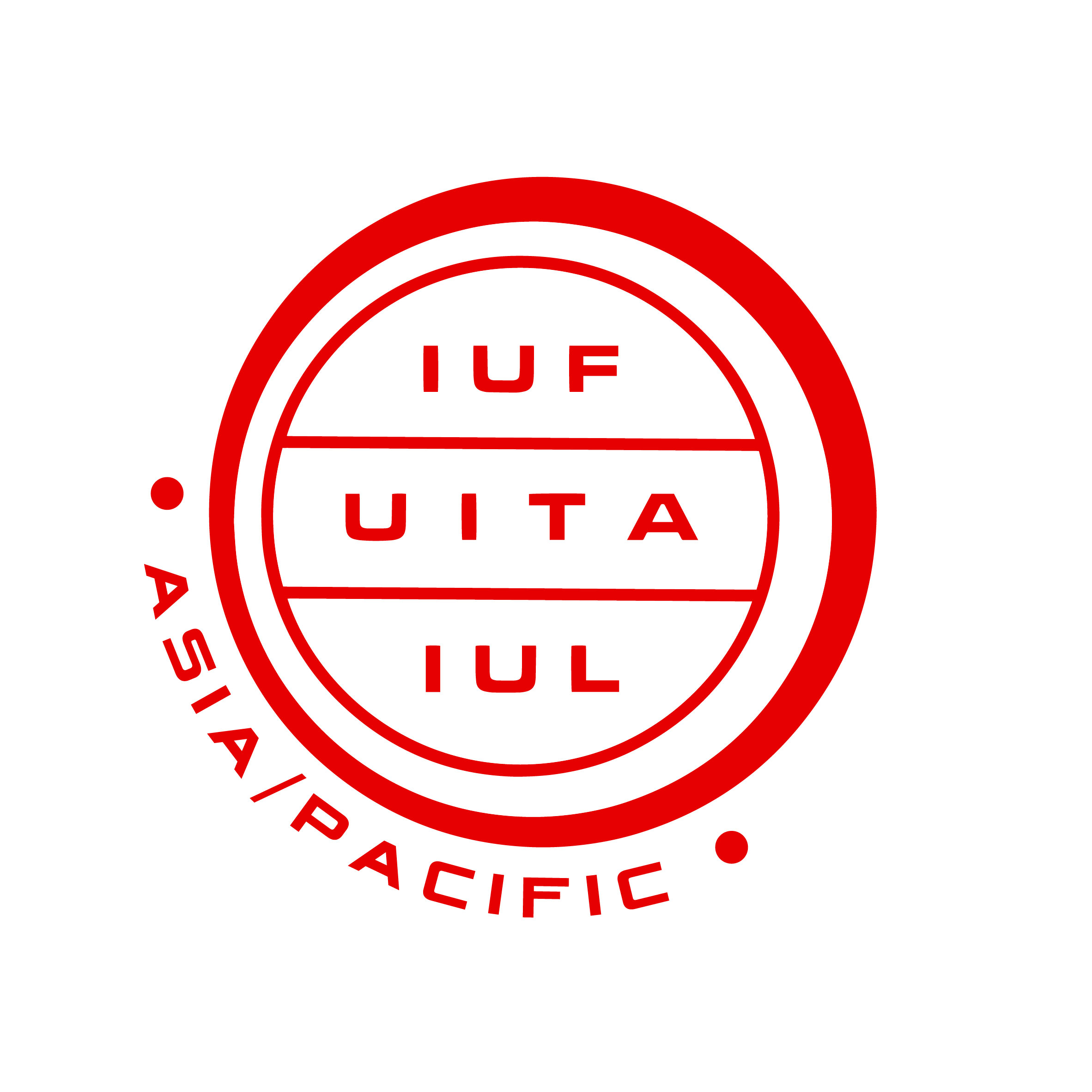“Red-tagging” in the Philippines is an orchestrated campaign of fear and intimidation that denies workers their fundamental human right to freedom of association. It not only forces workers to give up their right to freely choose their union. It creates the conditions in which employers choose which unions workers can or cannot join. [See Fear in the Philippines. How “red tagging” by the police & military also kills the right to freedom of association ]
Among the thousands of workers facing the direct effects of red-tagging in the Philippines, workers at Coca-Cola Philippines – which is owned and operated by The Coca-Cola Company [TCCC] – face a higher incidence of threats and coercion than other companies in the food and beverage industry.
We should be clear that attacks on independent, democratic trade unions by Coca-Cola management in the Philippines started well before government orchestrated red-tagging. As in Indonesia under Coca-Cola Amatil [CCA], management unfairly terminated the leaders of independent, democratic trade unions to prevent workers exercising their collective bargaining rights. In both Indonesia and the Philippines, Coca-Cola bypasses industrial relations with real unions to deal instead with unions created or controlled by management. Imposing changes – not negotiating change – underpins their failed business model. This failure to respect human rights now converges with a government campaign to dismantle those rights.
In its efforts to undermine the collective bargaining strength of independent unions under the IUF-affiliated FCCU-SENTRO in the Philippines, management colluded with yellow unions to create a new organization called Coca-Cola Beverages Logistics Union [COCBLU]. Workers in several Coca-Cola sales and distribution centres were systematically coerced into joining COCBLU. There were several instances where workers found themselves listed as COCBLU members even though they never joined.
The escalation in red-tagging by the police and military created an opportunity for management to pursue the growth of COCBLU and the eradication of FCCU more aggressively. At the Coca-Cola bottling plants in Davao and Bacolod, local management invited senior police officers to speak at “town hall” meetings (a meeting called in a workplace for all employees). In these meetings the IUF-affiliated FCCU-SENTRO was deliberately misrepresented as being affiliated to the communist union federation linked to the armed insurgency of the of the New People’s Army [NPA]. The President of FCCU – already terminated by the company in May 2020 when he tried to ensure workplace safety in the pandemic – was falsely described as a communist union leader linked to the NPA. End of meeting. Management hoped it was the end of FCCU-SENTRO as an independent, democratic union in their workplace.
Elsewhere police officers directly interfered in the union certification elections to influence workers’ votes. Workers at the Coca-Cola Tagum Distribution Center in Davao del Norte, for example, were visited by police officers who told them not to vote for FCCU-SENTRO-IUF because it supports the armed communist insurgency. The policer officers explicitly instructed workers to vote for the Southeast Mindanao Coca-Cola Beverages Logistics Union [SOMINCOCBLU] instead. Suddenly it is no longer an election in which workers vote for the union they trust will defend their rights and interests. It becomes instead a struggle to overcome uncertainty and fear. Simply voting for FCUU-SENTRO-IUF means facing the risk of red tagging and more police visits. It is no longer a right but a tremendous act of courage.
The question remains as to the extent to which the national management of Coca-Cola Philippines are involved in the use of the police and military to exert pressure on workers to quit FCCU-SENTRO-IUF. Even at local level it is possible that only some elements of management – using their personal links to the security forces and engaging in corruption – are involved. On 3 March 2021, FCCU-SENTRO-IUF wrote to Coca-Cola Philippines management:
“Workers of Coca-Cola in many areas around the country, especially leaders and members of FCCU, are now facing extreme anxiety due to the intimidation and red-tagging of government security personnel. Before things go out of hand, we believe that we should work together to jointly protect the workers of Coca-Cola. In this light, we would like to request an urgent meeting with management.”
There was no response. No meeting. The refusal to even to meet with the union to discuss the safety of Coca-Cola workers suggests serious criminal negligence, if not outright complicity.
In March 2021 the red-tagging of the leaders of Samahang Manggagawa sa Coca-Cola [SAMACOKE-FCCU-SENTRO] and SENTRO organizers in Davao City escalated to a level that posed a serious risk to their lives. In response Senator Risa Hontiveros submitted a resolution to the Senate of the Philippines on March 24, 2021. The resolution cites serious red-tagging incidents, including at Coca-Cola Philippines, and calls for action by the Senate to investigate and seek to legislate against red-tagging. The resolution observes that: “… this State-endorsed practice of red-tagging has given rise to naked impunity on the part of law enforcement agents and has as chilling effect on organizers, trade unions, and the freedom of association guaranteed by the 1987 constitution…..”

